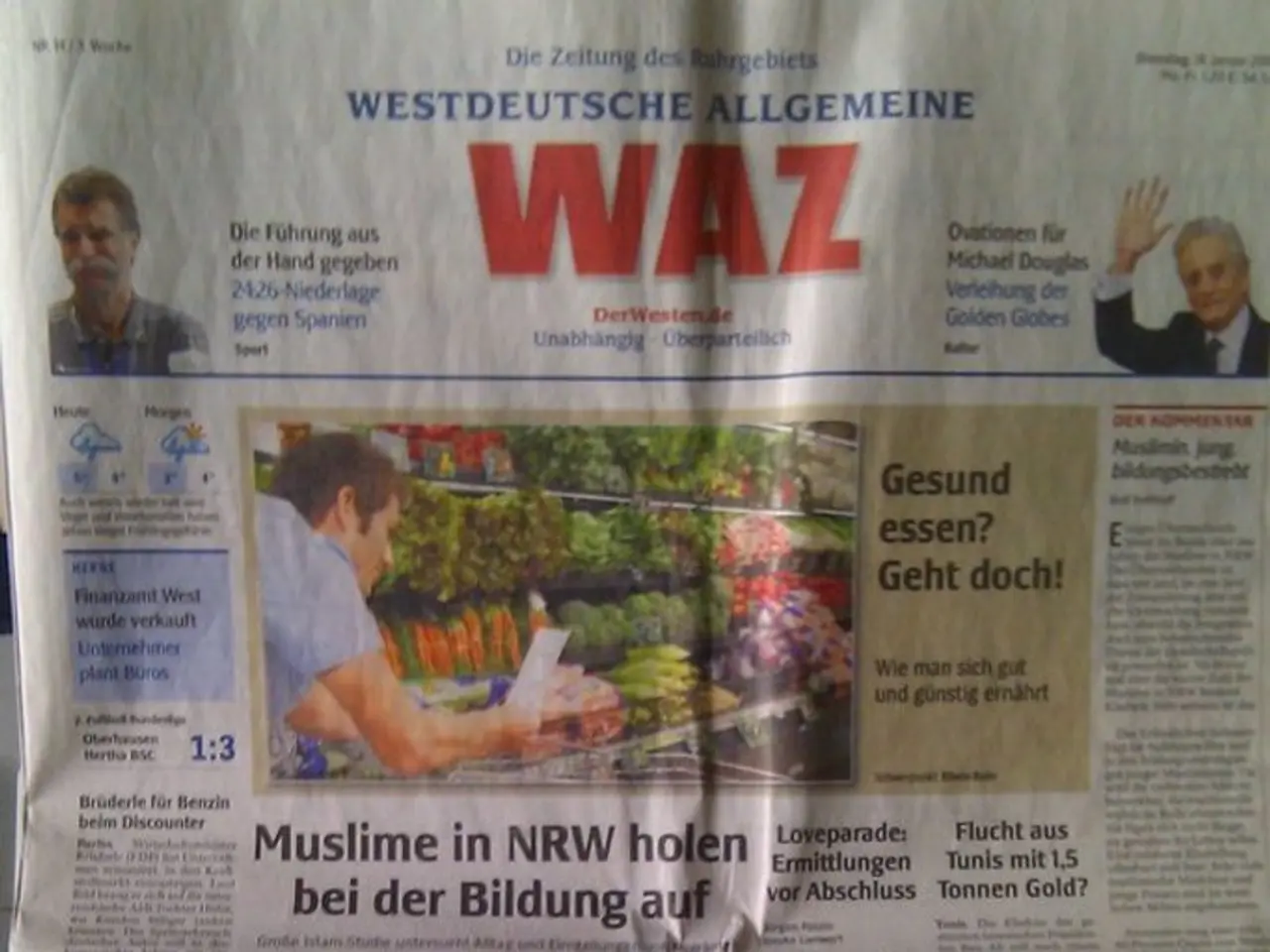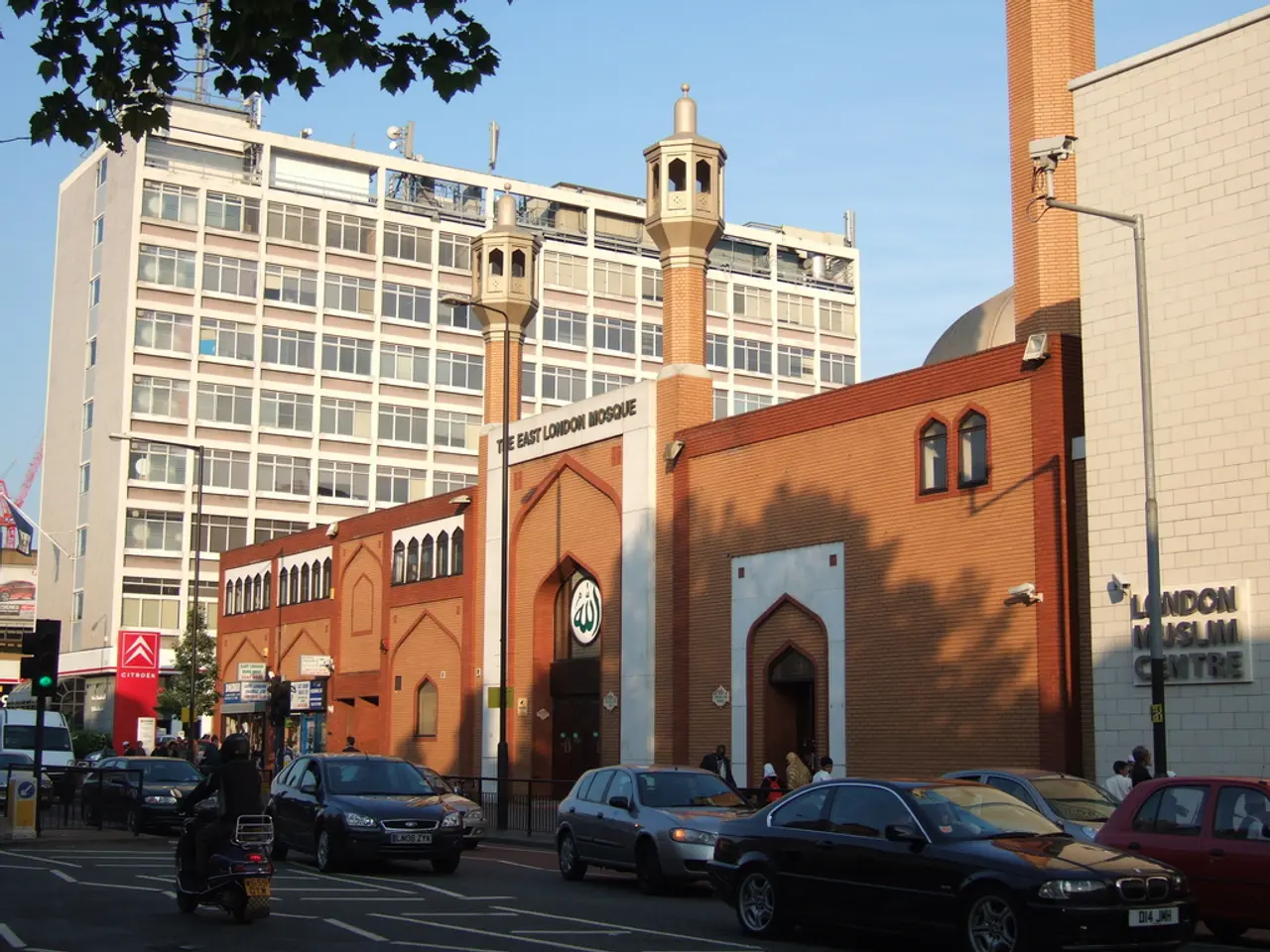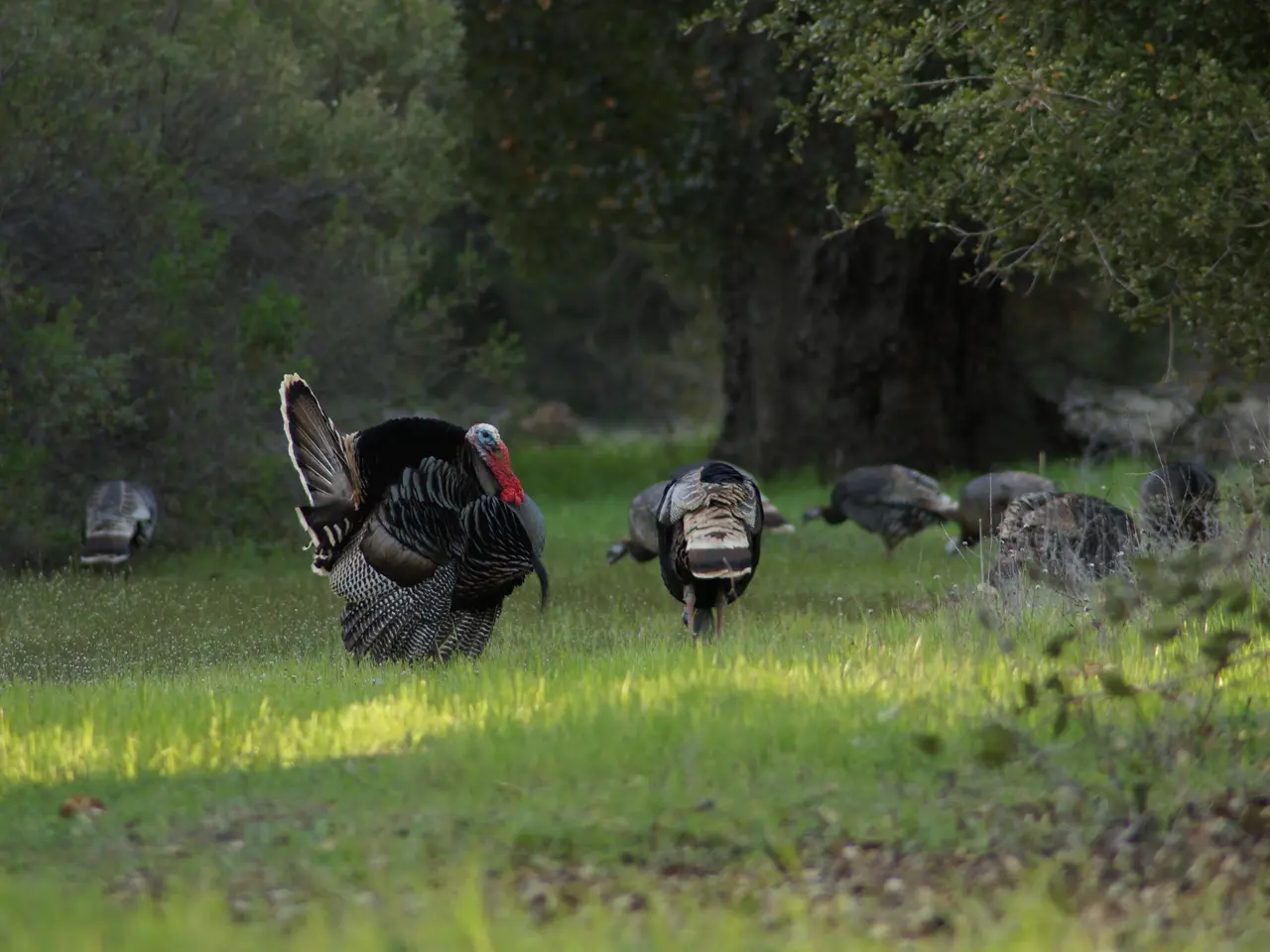Greetings at the Forefront
In the heart of the climate crisis, the call for environmental justice resonates louder than ever. For individuals working towards environmental justice, it's about more than just breathing clean air or drinking clean water; it's about ensuring everyone has the right to live safely and healthily, regardless of race, color, national origin, or income.
The environmental justice movement, as defined during the First National People of Color Environmental Leadership Summit in 1991, is a response to environmental racism. It aims to abolish environmental harms, not just redistribute them, and emphasizes the linkage between social justice and environmental protection. The movement specifically highlights the inequalities faced by marginalized and frontline communities, who disproportionately suffer from environmental hazards.
Yessenia Funes, the climate editor at Atmos, aligns with this core principle in her work. With a holistic lens, she approaches environmental justice by including topics beyond traditional pollution, such as Confederate monuments and gang violence. Her focus on human stories behind climate impacts reflects the environmental justice movement's emphasis on recognizing and addressing how marginalized communities bear the greatest burden of environmental hazards.
The Frontline, a new daily newsletter launched by Yessenia Funes, will explore tough conversations in the environmental space, such as racism, inclusion, pollution, corruption, extreme weather, heartbreak, and hope. The newsletter will feature stories from frontline voices, offering a new sense of urgency and empathy for those facing the climate emergency.
The Frontline will focus on frontline communities, including low-income communities, communities of color, tribal nations, immigrant bordertowns, nations in the Global South, and predominantly Black middle-class communities. These communities are not just surviving the climate crisis; they are defending their lives and fighting for their right to thrive.
As the climate crisis becomes a reality, not a future event, it's crucial to acknowledge and address the inequalities faced by frontline communities. The environmental justice movement's call for fair treatment and meaningful involvement of all people in environmental laws, regulations, and policies is more relevant than ever. The government's response to these demands, environmental equity, is a step in the right direction, but the environmental justice movement continues to push for a better definition and implementation of the term.
References:
- Funes, Yessenia. (2021). The Frontline Newsletter. Retrieved from https://thefrontline.substack.com/
- Funes, Yessenia. (2021). The Task of Environmental Journalism Right Now Is to Humanize the People Who Are Really Feeling the Brunt of Climate Disaster. Retrieved from https://thefrontline.substack.com/p/the-task-of-environmental-journalism
- Yessenia Funes, the climate editor at Atmos, emphasizes that environmental justice is more than just clean air and water; it's about ensuring fair treatment for all, irrespective of race, color, national origin, or income.
- The Frontline Newsletter, launched by Yessenia Funes, seeks to bring forth tough environmental discussions, including racism, inclusion, pollution, corruption, extreme weather, and hope.
- The Frontline Newsletter highlights stories from frontline communities, such as low-income communities, communities of color, tribal nations, immigrant bordertowns, nations in the Global South, and predominantly Black middle-class communities.
- The environmental justice movement, as highlighted by Funes, stresses the linkage between social justice and environmental protection, with a focus on recognizing and addressing environmental hazards affecting marginalized communities.
- The Frontline Newsletter captures the human stories behind climate impacts, reflecting the environmental justice movement's emphasis on the burdens these communities bear.
- As the climate crisis becomes a reality, it's crucial for environmental science, journalism, art, and politics to acknowledge and address the inequalities faced by frontline communities, working towards environmental equity and the fair treatment of all people in environmental laws, regulations, and policies.





